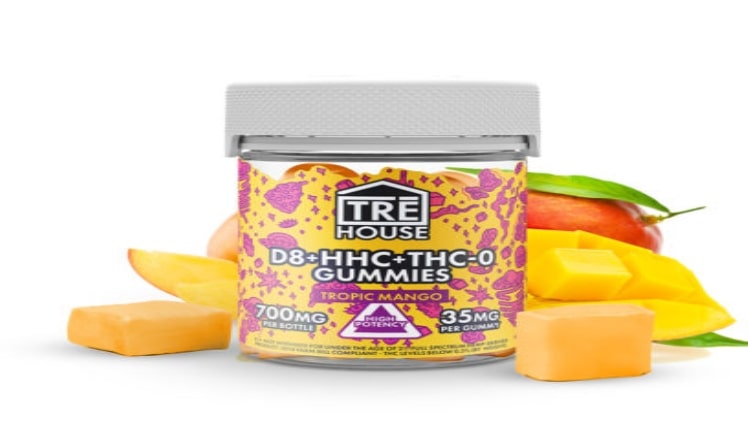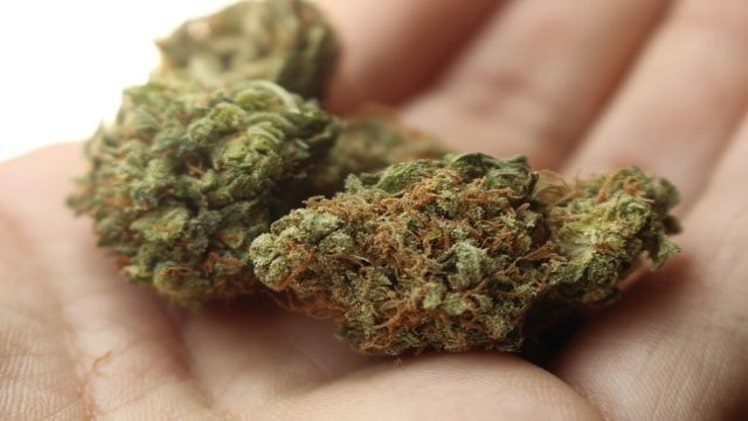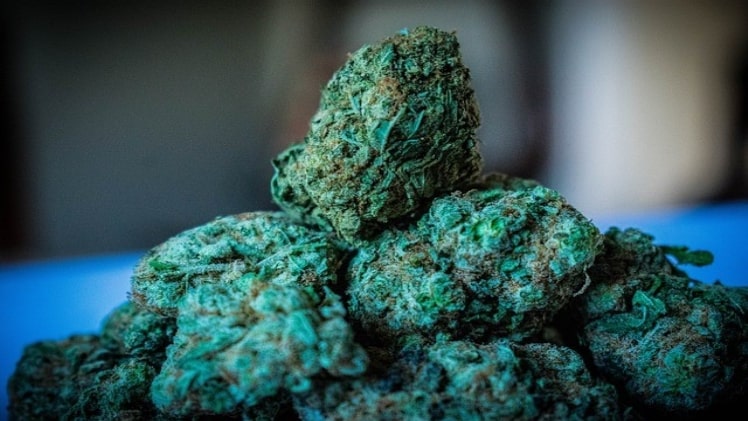Get To Know About THC Legality In Canada

On October 17, 2018, Canada officially made it legal for adults to own and use THC for fun. It was only the second country in the world to do that (the first country was Uruguay, which legalized marijuana use in 2013). Georgia and South Africa are two other places that have legalized marijuana.
Even though legalizing THC has been a big story in the U.S., the federal government has not done anything similar. But 15 states and the District of Columbia have fully legalized marijuana in the U.S. These states are Washington, Oregon, California, Nevada, Montana, Arizona, Colorado, South Dakota, Michigan, Illinois, New Jersey, Massachusetts, Vermont, Maine, and Alaska.
It has been shown that legalizing THC products such as THC Gummies is good for the economy in countries and states. Canada is home to many of the most successful legal cannabis businesses. At the start of legalization, many analysts in the legal cannabis industry thought that Canada would be in a better position to make money because it was legalizing first. It turned out to be true for the country.
What Is THC?

THC, also known as tetrahydrocannabinol, is the compound in marijuana that makes you feel high. But the chemical makeup of THC is very similar to that of CBD. It fights against the effects of THC.
Still, the structure of THC is similar to that of the natural chemical anandamide. This changes how the two chemicals talk to each other. So, instead of neurons in the brain talking to each other in the usual way. The THC compound binds to the neurons and changes how the brain talks to itself.
Rules In Canada For Consuming THC
It is still not in favor of the law to bring cannabis or products with cannabis across the Canadian border. This includes edible cannabis, cannabis extracts, and cannabis topicals. No matter how much marijuana you have, you cannot take it across the border. Second, it is still not legal even if you are allowed to use cannabis in any form, including cannabidiol, for medical reasons (CBD).
Lastly, you cannot bring cannabis to Canada even if you are going to or coming from a city, state, or country where marijuana is legal or decriminalized. Moreover, if you are going to Canada and have any cannabis with you, you must tell the Canada Border Services Agency about it. It is a serious crime at the Canadian border to not say that you have cannabis. You could be taken into custody and charged.
 Rules for carrying cannabis while leaving Canada
Rules for carrying cannabis while leaving Canada
Whether you are going into or out of Canada, it is against the law to bring cannabis. If you try to go to another country with any amount of cannabis on you, you could get charged with a crime. This is true for every country, whether or not cannabis is legal there. Most countries have laws against cannabis if you try to travel internationally with any amount of cannabis.
You could get into a lot of danger at home and abroad. You might not be allowed into your destination country if you have used cannabis or any other illegal drug. You might also have trouble getting into other countries in the future. It is up to you to find out what the laws are in the country you are going to, including whether or not it is legal to use or have cannabis there.
Where in Canada is it safe to buy weed?
As the production of medical marijuana in Canada grew, several licensed producers were permitted to mail cannabis products to registered patients. It is still widely available for people who need it for medical reasons and for people who use marijuana for fun.
Many dispensaries have been operating in a legal gray area for a long time. Since legalization, dispensaries and marijuana shops now fall into one of three categories:
- Government-run retail marijuana shops
- Privately-run dispensaries
- A mix of the two
To ensure the cannabis shop operates legally, they must put a seal from the Canadian government on all products. It shows the shop is following the rules, and the government has approved products as safe for public use.
Using marijuana in Canada
In Canada, the minimum age to use cannabis is set by each province and territory. Currently, it is 18 in Alberta, 21 in Quebec, and 19 everywhere else. It is still illegal for people under the age of 21 to use cannabis or for adults to help them do so. Adults who want to use cannabis must get it legally. This means they have to get it from a store or person with a government license.
People can only have up to 30 grams of dried cannabis in public. Since cannabis can be present in different forms, the Canadian government has created a way to change it. For instance, 1 gram of dried marijuana is the same as 5 grams of fresh marijuana.
The Canadian government has a cannabis converter that you can use online. This tool lets people put in different amounts and types of marijuana and convert them to ensure they don’t exceed the legal limit.
Last Thoughts on Canada’s THC Laws
If you want to go to Canada, make sure you know what each state’s laws are about cannabis. Like in the United States, the legal age, how much you can have, and where you can smoke weed vary from state to state. Every state has a 30-gram limit, but you can store more in your home in many places.
All but two states have a legal age of 19. Keep this in mind before you go. It is against the law to bring weed across an international border for any reason, so don’t think about it as you leave Canada. Here is a quick look at possible punishments for breaking the Canadian Cannabis Act.




